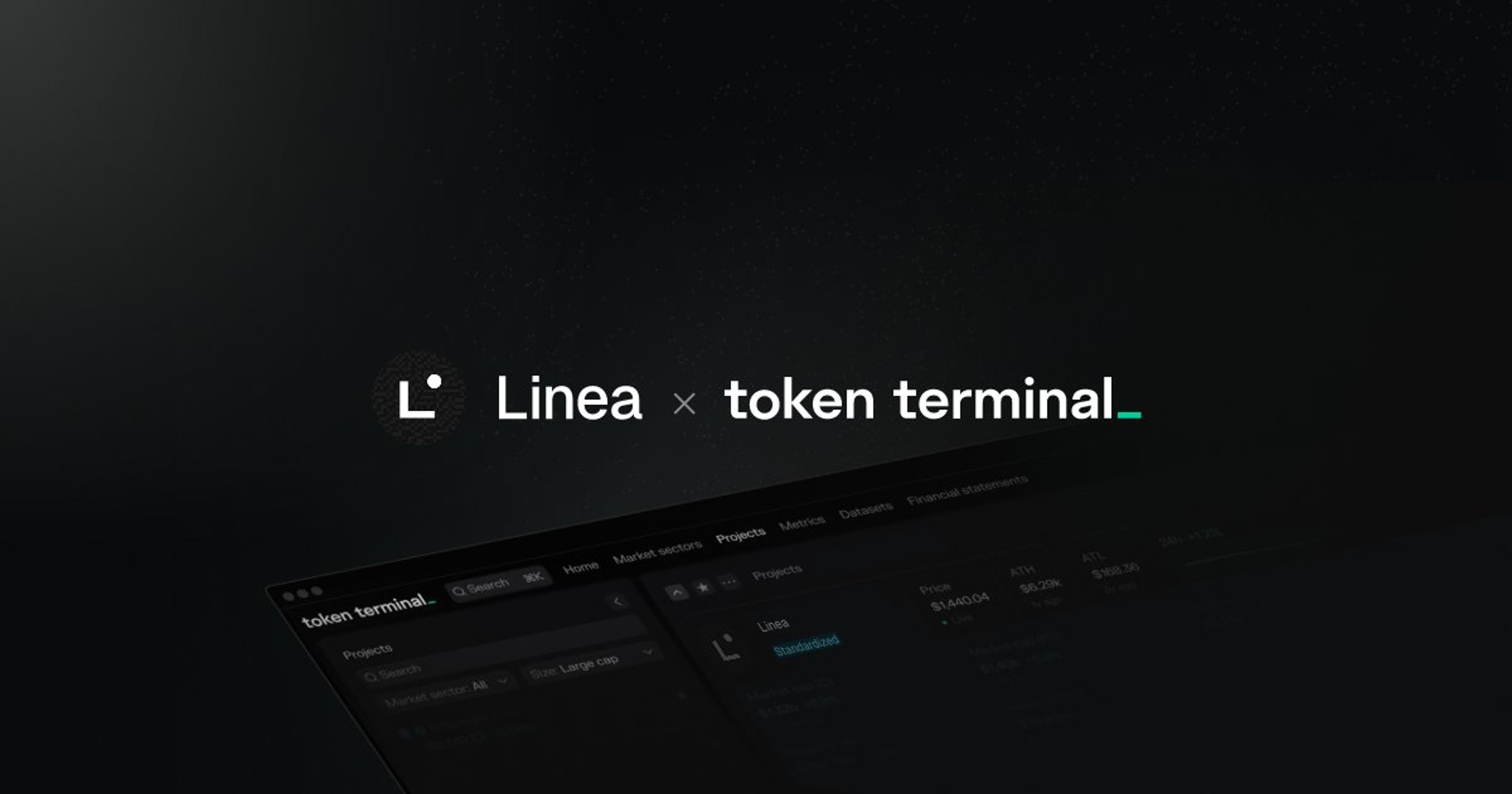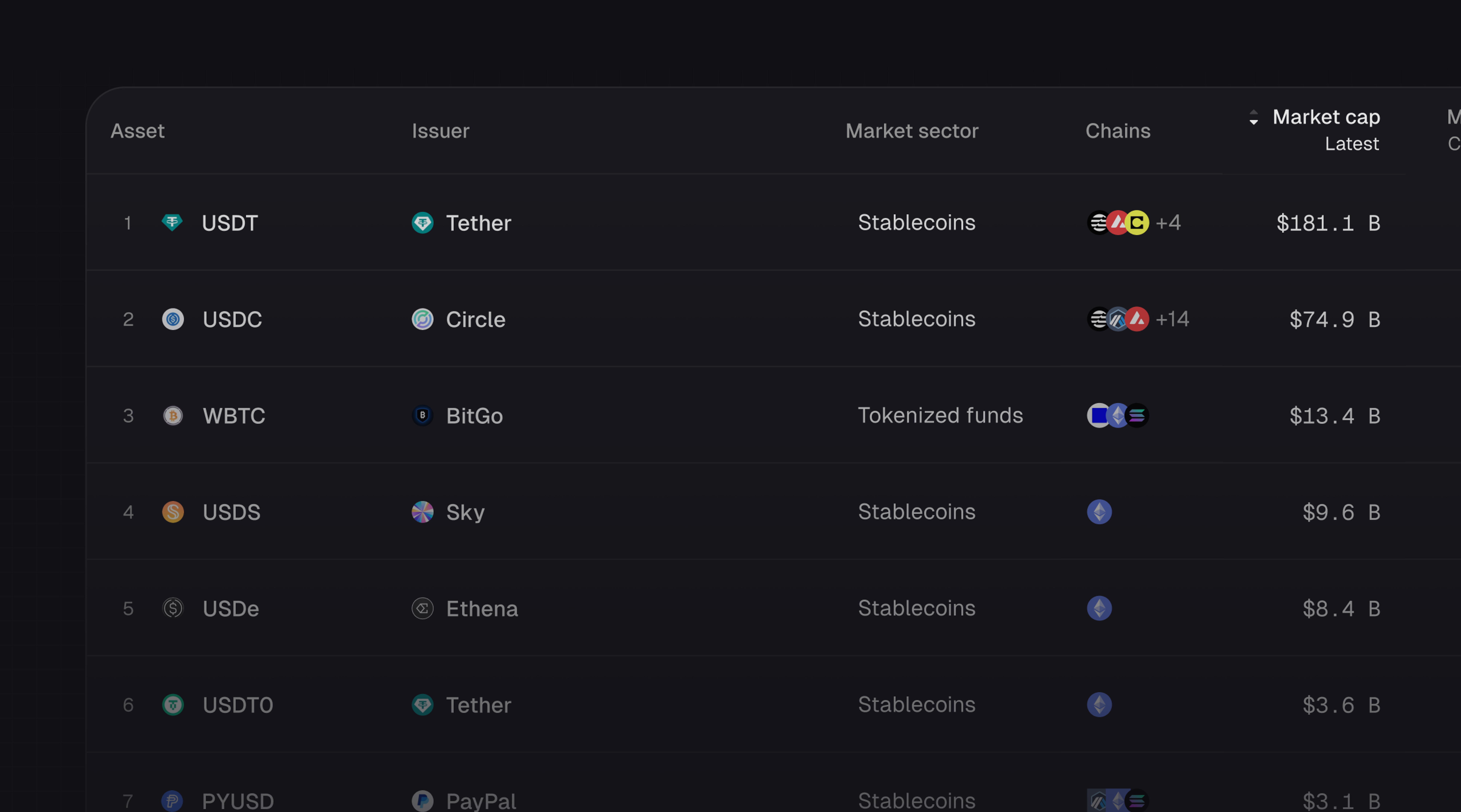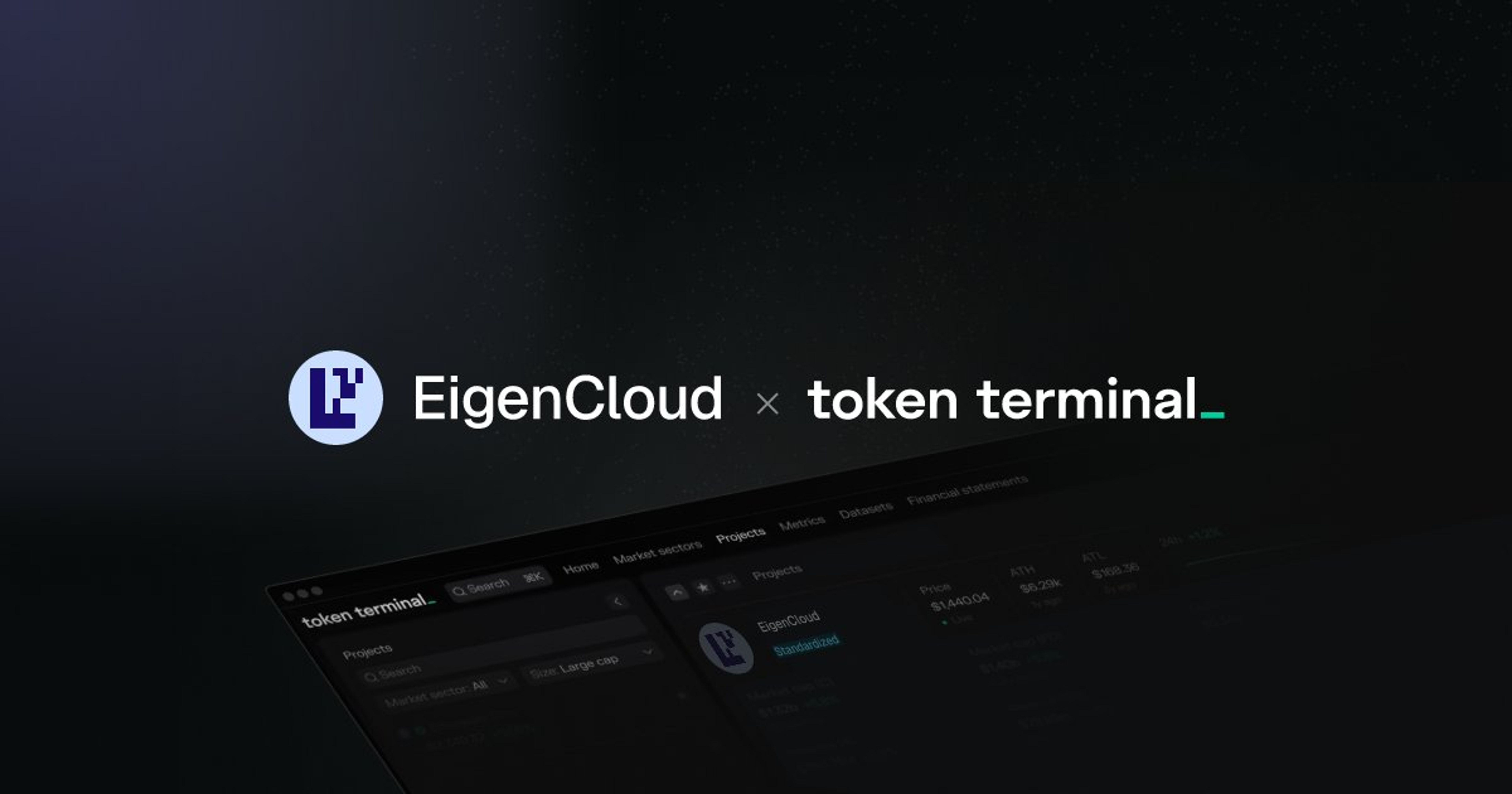

Cosmos Hub
TL:DR; Cosmos is a blockchain network of many independent blockchains (called zones). Cosmos allows multiple blockchains to interoperate while retaining their own security properties.
What is meant by security properties?
Today, blockchain applications share the same underlying blockchain (eg. Ethereum). This creates two layers of governance: that of the application, and that of the underlying blockchain. The former is limited by the latter.
With Cosmos, developers can easily develop entire application-specific blockchains or make their current blockchains compatible with Cosmos.
The core components of Cosmos are: i) Tendermint, ii) Cosmos SDK, and iii) Interblockchain Communication Protocol (IBC)
i) Tendermint
Tendermint BFT is a solution that packages the networking and consensus layers of a blockchain into a generic engine. This allows developers to focus on application development as opposed to the complex underlying protocol.
ii) Cosmos SDK
The Cosmos SDK is a modular framework for building applications. It simplifies the process of building secure blockchain applications on top of Tendermint.
iii) IBC
IBC is the communication protocol that can be thought of as the TCP/IP for blockchains. It allows heterogeneous blockchains to transfer tokens and data to each other (think of standard adapter).
Cosmos’ architecture
Cosmos’ architecture includes two types of blockchains: Hubs and Zones. Zones are regular heterogenous blockchains and Hubs are blockchains specifically designed to connect Zones together. (in Ethereum: Hub = Beacon chain, and Zone = Shard chain)
The first blockchain launched in the Cosmos Network is the Cosmos Hub.
Cosmos Hub is a public Proof-of-Stake blockchain whose native staking token is called the ATOM. Transaction fees can be paid in multiple tokens.
The max number of validators in Cosmos Hub is set to 100 — this number will increase at a rate of 13% for 10 years (will eventually settle at 300 validators). Anyone can become a validator — except when the size of the validator set is greater than the max number allowed.
Token model
ATOMs are the staking token of the Cosmos Hub, and can also be used to pay for transaction fees. Additional inflationary ATOMs and block transaction fees are rewarded to validators and delegators who delegate to validators.
The targeted annual inflation rate of ATOMs is recalculated each block towards a desired staking participation ratio (currently 67%). Annual inflation is capped between 7% — 20% (current inflation rate is 7%).
Of the collected transaction fees, 2% will go toward a reserve pool to increase the reserve pool. These funds are used in accordance with the decisions made by the governance system.
Governance
Only staked tokens can participate in governance through proposals, meaning that voting power is measured by stake. All validators are responsible for voting on all proposals. Failing to vote on a proposal will result in the validator being deactivated (for 1 week).
Anyone can submit a proposal on protocol parameters and upgrades, BUT for a proposal to be considered for voting, a minimum deposit of 512 Atoms needs to be deposited for 2 weeks. The deposit is required as spam protection.
Validators inherit votes of the delegators, but delegators can overwrite validator votes. This means that Cosmos has a default proxy voting mechanism, which can be overturned by a tokenholder who wants to directly engage in a governance decision.
Ecosystem
Top projects built on Cosmos SDK at the moment include:
i)@irisnet (business applications)
ii)@kava_labs (collateralized stablecoin)
iii)Binance Dex
There are currently approx. 100 active projects in the Cosmos ecosystem.
Token Terminal provides financial and business metrics on crypto protocols — metrics we’re used to seeing applied to traditional companies, e.g the P/E ratio. Crypto protocols operate like traditional businesses, only they do it directly on the Internet.
For more, check out Token Terminal’s website and Twitter.
The authors of this content, or members, affiliates, or stakeholders of Token Terminal may be participating or are invested in protocols or tokens mentioned herein. The foregoing statement acts as a disclosure of potential conflicts of interest and is not a recommendation to purchase or invest in any token or participate in any protocol. Token Terminal does not recommend any particular course of action in relation to any token or protocol. The content herein is meant purely for educational and informational purposes only, and should not be relied upon as financial, investment, legal, tax or any other professional or other advice. None of the content and information herein is presented to induce or to attempt to induce any reader or other person to buy, sell or hold any token or participate in any protocol or enter into, or offer to enter into, any agreement for or with a view to buying or selling any token or participating in any protocol. Statements made herein (including statements of opinion, if any) are wholly generic and not tailored to take into account the personal needs and unique circumstances of any reader or any other person. Readers are strongly urged to exercise caution and have regard to their own personal needs and circumstances before making any decision to buy or sell any token or participate in any protocol. Observations and views expressed herein may be changed by Token Terminal at any time without notice. Token Terminal accepts no liability whatsoever for any losses or liabilities arising from the use of or reliance on any of this content.
Stay in the loop
Join our mailing list to get the latest insights!
Continue reading

Customer stories: Token Terminal’s Data Partnership with Linea
Through its partnership with Token Terminal, Linea turns transparency into a competitive advantage and continues to build trust with its growing community.

Introducing Tokenized Assets
Token Terminal is expanding its standardized onchain analytics to cover the rapidly growing category of tokenized real-world assets (RWAs) – starting with stablecoins, tokenized funds, and tokenized stocks.

Customer stories: Token Terminal’s Data Partnership with EigenCloud
Through its partnership with Token Terminal, EigenCloud turns transparency into a competitive advantage and continues to build trust with its growing community.